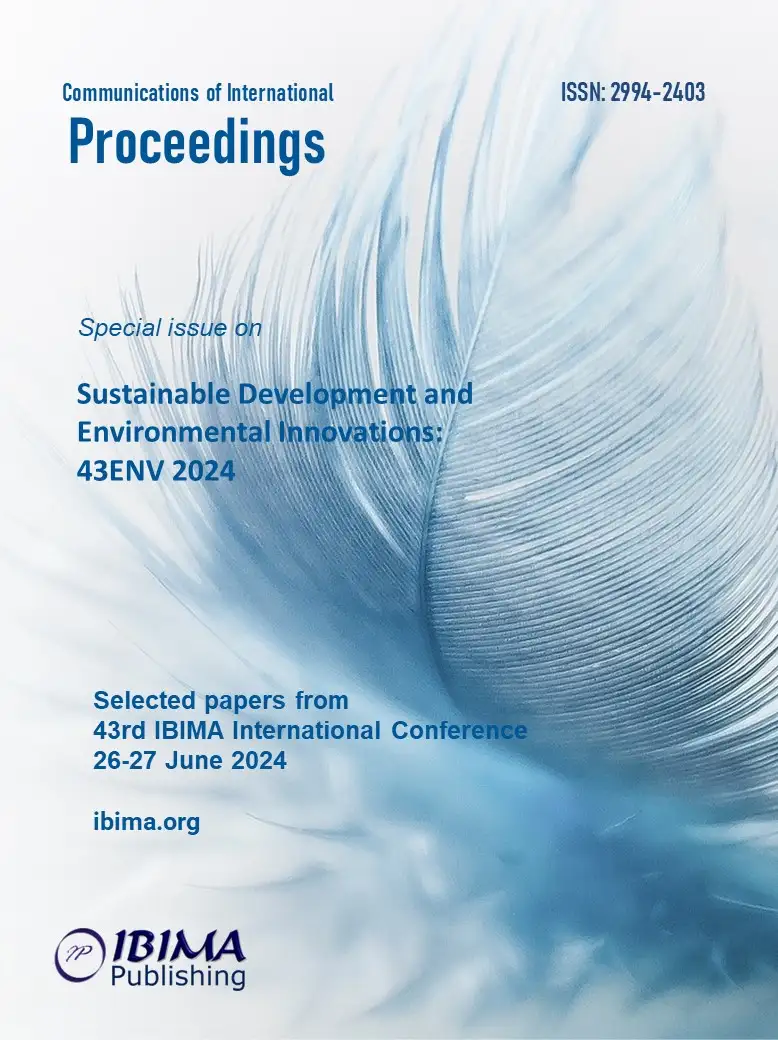
1Don Anton R. BALIDA, 1Salem S. ABU AMR, 1Riyad MAHFUD and 2Motasem Y. D. ALAZAIZA
1International College of Engineering and Management, Muscat, Oman
2College of Engineering (COE), AꞌSharqiyah University (ASU), Oman

Crude oil contamination of seawater poses a significant threat to Oman’s marine ecosystems, yet limited data exists on the extent and nature of this pollution. This knowledge gap hinders effective remediation and environmental management. This study aims to critically review recent advancements in seawater treatment technologies, assess the specific lack of data on contamination in Oman, and explore the potential of sustainable bioremediation strategies within the Omani context. A systematic literature review was conducted using established databases and specific search terms, with studies selected based on pre-defined inclusion and exclusion criteria. Findings reveal a significant lack of quantitative data on contaminant types and concentrations in Omani seawater, hindering targeted remediation efforts. The review highlights promising technologies like nanotechnology and bioremediation, emphasizing the need for context-specific solutions tailored to Oman’s unique coastal environment. The potential of utilizing readily available bio-waste, such as shrimp shell waste, for bioremediation is particularly promising for Oman. This study underscores the urgent need for targeted research to quantify contamination levels and explore locally-relevant, sustainable remediation strategies, providing a crucial foundation for effective environmental management and protection in Oman. The findings of this paper have significant implications for policymakers and environmental managers in Oman, providing a foundation for informed decision-making on oil spill prevention and remediation strategies.